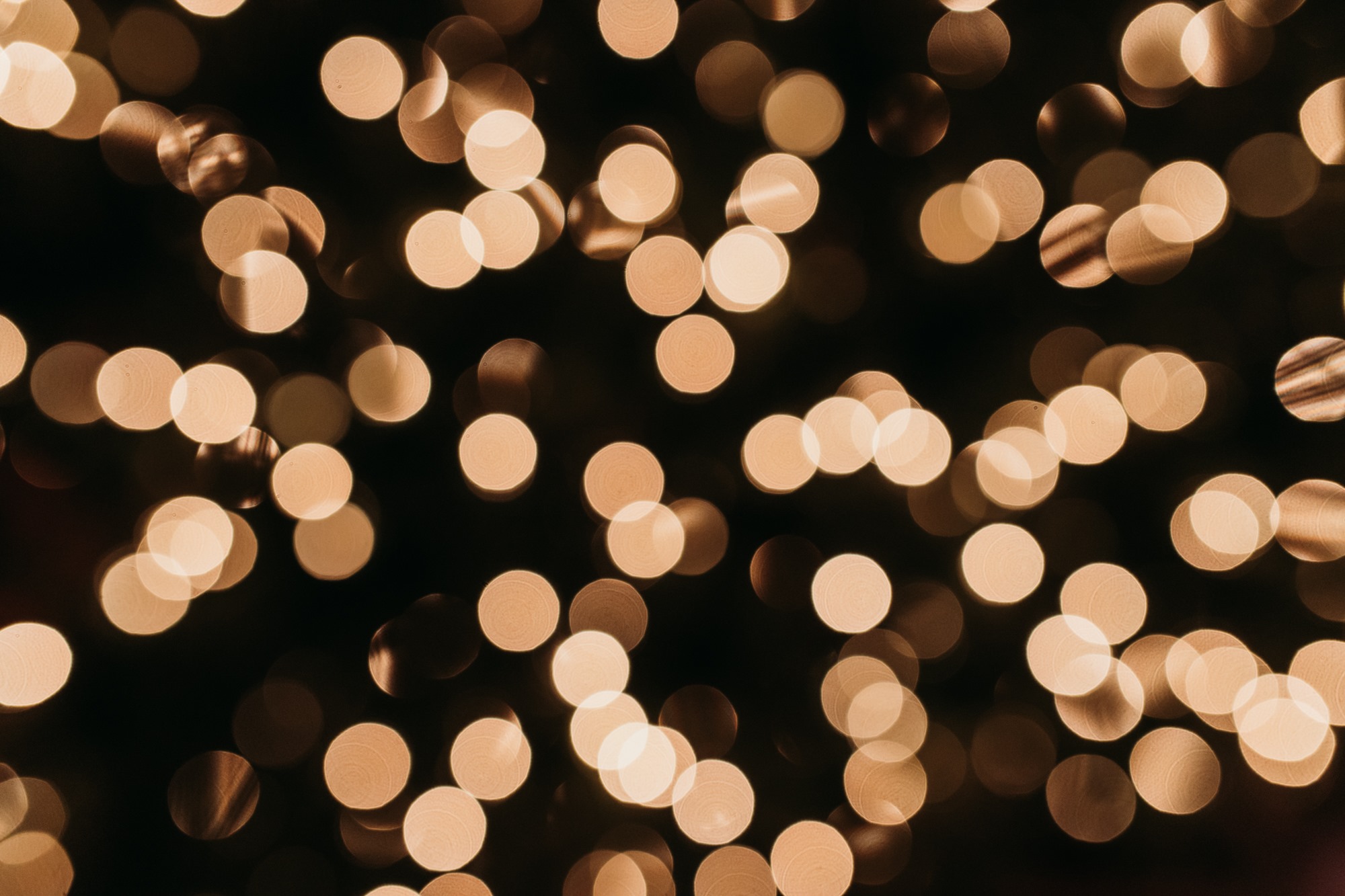
Hope
December 31, 2020
Rachael Schoellen
New Year’s Eve used to be a big deal for me. The whole world buzzing, everyone apart but together in their hope for good things to come and a readiness to leave things worthy of forgetting behind. Some of my fondest memories are from New Year’s Eves past – playing endless games of Euchre and jumping off the furniture at my childhood best friend’s house at midnight; watching Hampton, Virginia’s version of the ball drop fail miserably when the 1990s gave way to the 2000s.
At about the age of 35, though, I started getting sad on New Year’s Eve. Every New Year’s Eve. I still got excited to drink pink champagne and dance into the new year with friends but as soon as I settled myself into the celebration, a sadness would overtake me. I felt altogether outside of it all; trapped in this unexpected despair that I could neither shake nor explain. The first few years I concocted feeble reasons to explain to myself why everyone around me was having the time of their lives and I wanted to crawl into bed alone. After the third New Year’s Eve of this, I thought perhaps my general anxiety was morphing into some kind of fear of prolonged social situations. An inability to adapt. The dislike of being surrounded by people letting loose and losing control. I hate losing control.
None of those explanations were quite it, but seeing as it only happened once a year it was easy to dismiss. Here I am, though, five years later and at the end of a truly heinous year, on New Year’s Eve, feeling – you guessed it – sad. No party, no awkward social situations and yet the sadness found me again. We all have a myriad of reasons to feel sad considering the hellscape this year has been. The long list of things that have sucked the life out of me in 2020 has piled so much weight onto my heart that I can’t muster the energy to be excited. And really, not much feels as exciting at 40 as it does at 20. But sitting in my bed this afternoon, I realized it wasn’t any of those specific things. As a result of just..well, LIFE, and in the face of more frequent difficulties and tragedies, I’ve forgotten how to hope for the future.
Because when we lose in life – jobs, loved ones, elections, homes – we realize how quickly what we value can all be ripped away. Hope is only a step behind. And it hits me on New Year’s Eve because that’s when my hope, optimism and excitement used to be at their pinnacle.
I’m a bit afraid to hope for a better year ahead considering the year we’re coming out of. But I realized today that I am not a person without hope. Hope simply matures, just as we do, and some of us have to relearn how to be hopeful.
2020 has taught me that hope without action will never lead to meaningful change. It has taught me that feeling completely isolated but in the same boat with every other human is possible. It taught me that hope can exist in the midst of sadness and despair and that the good guys can still win the day, even if the journey is wrought with grief.
As it turns out, the hope I thought I lost completely wasn’t lost after all. It’s just being tested by children becoming teenagers and unemployment and injustice and pandemics and inequality and my softening neck skin. My hope is becoming more true. So when I say that I hold hope in my heart for you, know that it’s not the fleeting kind of hope, but the kind that has taken the beating of the year and isn’t going down without a fight.
So tonight, may we all muster what strength we have left to raise our middle fingers to 2020, take one deep collective breath, and power on with our beaten but truer hope intact.